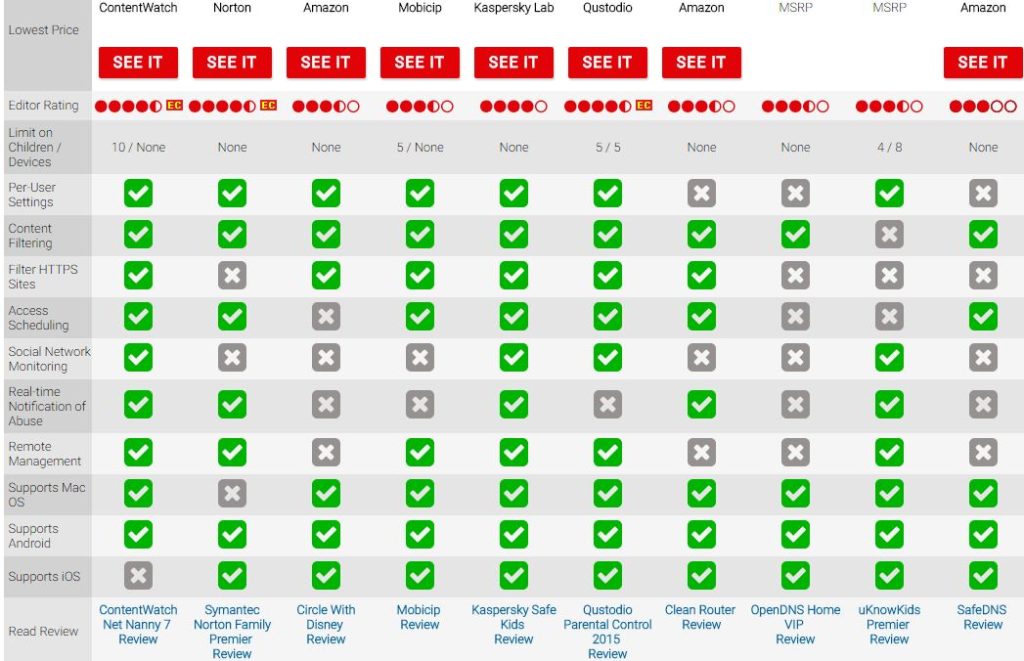Here are some tips for parents in dealing with their kids and the Internet.
Learn with your kids.
It is good for your kids to explore, but when it comes to the Internet, it is best that the exploration is somewhat guided or at least monitored. The age of your child should be the determining factor on how much supervision and togetherness that they need. Furthermore, you know your kids ( I sincerely hope so), so you know their maturity and way of thinking. Are they gullible? Easily influenced? Know your kids, learn together.
Educate yourself
If you want to let your kids drive, you at least should know what a car looks like. If you drive, its even better. This goes the same with technology, devices and the Internet. If you are going to let your kids ‘run lose’ in it, you must have some semblance of knowledge of it. If you are not IT-Savvy, if you don’t have a ‘digital thumb‘ (a play on words like green thumb), it is best to seek help from family members or friends who do understand. Did you know that there are people who can use certain program to use your kids webcam to capture what your kids are doing in their rooms? You don’t? Educate yourself. Your ignorance may just be the key the Internet predator is looking for to get to your kids.
Model good Internet behaviour
It is one thing to have rules set for your kids and their technology and Internet usage, but if you do not show a good example (especially if you are the one flaunting the rules), chances are your kids will not follow the rules too. Be a good example for your kids.
Engage and interact with your kids
Do things together. Play games, cook, bake, watch sports whatever. Be the go-to person for your kids. This way if they ever find themselves in the side of bad, they could and will call you for help. If their go-to person is someone online who they have never met, but think they know so well, you will end up with a lot of regret.
Talk with your kids about security
The same way you teach kids to ‘not take candy from strangers’ or to ‘look both ways before crossing the streets’; you should also talk to your kids about security and appropriate behaviour when online. Talk to them about possible harm, about how to keep private things private, about how to not overshare, about treating people with respect. This also brings in the point on educating yourself about security. It may help if you attend a talk on cyber safety together, or even watch the numerous videos on the subject. Express to them the importance of understanding security and applying it. You don’t want your kids to be cyber-bullied, and you don’t want your kids to be cyber-bullies.
Be aware of your kids behaviours and moods
Most teenagers tend to be more quiet with their parents while being boisterous and outspoken and brave with their peers. Many a times have a parent said in PTA meetings how their child is the model of a saint, when the teachers are trying to tell them that that ‘saintly’ kid is terrorizing other kids. So it is important that parents get to know their kids and their moods. Changes in these can indicate that something else may be happening. If everyday at 2pm (the allotted hour for your kid to use the Internet) your kids always smile and look happy, but any other times he/she is always sullen and brooding. Something is going on in that time and online, maybe a new boyfriend, who you don’t know, who does not go to your kid’s school and may even be as old as you. Parents pay attention.
Know the tech & the lingo
It is hard to stay up to date with the lingo of the young generation. It still surprise me sometimes when kids today say YOLO (You Only Live Once) and have a different meaning from what we understand it to be. For some kids it means, be as stupid or daring as you can. Kelly Wallace of CNN wrote an article titled 28 Internet acronyms every parent should know where she list some example like POS (Parents Over Shoulder), CU46 (See you for sex), 99 (parent gone). Netlingo also outlines more.
Ask your ISP to help with settings
There are many settings for safety that a parent can set on different services and applications like YouTube, Facebook and Web browsers. There are also options for kid-friendly app (YouTube Kids, SnapKidz) which is a ‘little’ safer than the grownup (normal) version. You can also ask your ISP (Internet Service Provider) to help with security settings on your home network modem.
Invest in security software
If you need extra help and don’t mind investing in your child’s Internet safety, there are many Parental Control Software that you can use. PC Magazine reviewed the Best Parental Control Software of 2017. Here are a couple of screenshots from the page.
There are many ways, many technology to be used for safety online. Personally though, I believe that no matter how great the tech is the best solution in providing safety to our kids is by having a good, strong, positive relationship with them. When they know they are loved and cared, they do not need to find acceptance from an anonymous person(s) or group/clique online. When they know that the parent can be counted upon to help, they will almost always come to you for even the slightest bit of confusion and uncertainty they have. Yes, these days both parents work and time with kids are limited. But use that time with great care and quality. Be smart, stay safe.




















